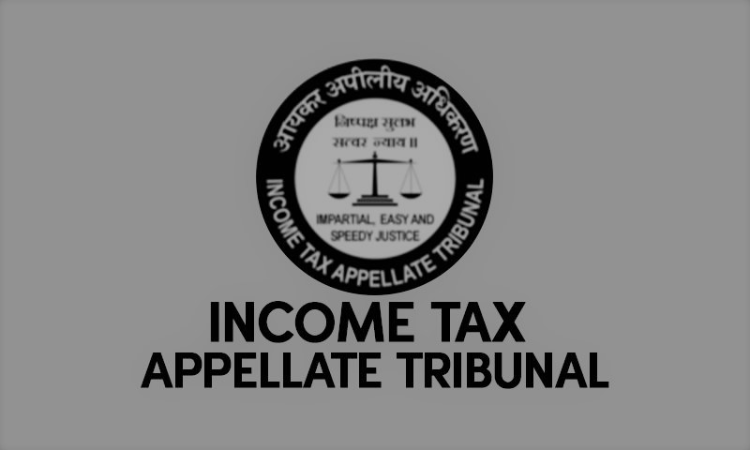The Chennai Bench of the Income Tax Appellate Tribunal (ITAT) has ruled that, where a goodwill is acquired by incurring cost and it is transferred at book value, no tax can be levied on transfer of the goodwill despite withdrawal of exemption on capital gains tax on conversion of a sole proprietary concern into a company, for violation of the conditions provided in Section 47(xiv)(b) of...

